Storytelling is the foundation of our culture, enlightening us about who we are, where we are from, and inevitability, where we might be going. A fascinating extension of humanity, the art of storytelling is something that has extended through time, and Robert Schwartzman is quite conscious of this.
Surrounded by art his entire life, Schwartzman knew from a young age he wanted to make movies, however, the road has been anything but linear. First begining at a young age with a role acting in the 1999 film The Virgin Suicides, he would soon find his way in music, forming the Rock band Rooney and finding a slew of commercial success. Touring extensively and releasing original music, amidst it all, Schwartzman would still find his way back to film, eventually going on to direct such features as 2016’s Dreamland, 2018’s The Unicorn, and most recently, 2024’s The Good Half. A film which first premiered at the Tribeca Festival in June of 2003, The Good Half is a mixed Comedy that deals with the real life experience of loss, facing ourselves, and what becomes thereafter. A saga that hits close to home, the multi-talented Robert Schwartzman sat down to chat about The Good Half, his diverse path to this point, plus much more.
Cryptic Rock – You have been involved in entertainment for some time now working as an actor, director, and musician with your band Rooney. Before we really dive into things, how would you describe your journey in the arts to this point?
Robert Schwartzman – I’m happy that I’ve been able to have all these different experiences; because I don’t really think too hard about the things that I’m doing when I’m doing them. When I’m in it, I’m wrapped up in it constantly. I just kind of get a spark of something that excites me, and then I just start doing it.
I don’t really take a step outside and look at things objectively sometimes. Outside in, I’m just caught up in my own feeling of what excites me. I wanted to be a director growing up. I was lucky enough to be around filmmakers, or be on movie sets and be young and help on a summer job, help manage the craft service table and be overlooking some aspect of a movie shoot. It was really exciting to be able to be around film crews and actors and see how it’s done.
My brother and I said, “Let’s write stories and shoot movies.” I was the youngest in my family. We would write short films and shoot them in the backyard and really go for it. We would pull a wardrobe and shoot a remake of Robin Hood or weird stuff like that.
I know it sounds, “Oh, it’s kids making movies,” but in our mind, it carried more weight than that. It was very serious business. I was determined, I wanted to direct movies. I auditioned for The Virgin Suicides (1999) because my cousin Sophia (Coppola) said, “I’m going to direct this short film called Lick the Star.” It was her first go at filmmaking. She’s like, “Will you play one of the kids in high school?” I had a couple lines in the short film.
She then wrote The Virgin Suicides. She’s like, “Hey, there’s this character named Paul Baldino, this greasy Italian kid. Will you come read for it?” I prepared for it and I auditioned for it. I think she was going to put whoever in the movie made the most sense for the character. It worked. I was in this movie, and I did not think I was going to act ever in my life. I still wanted to be a director.
My brother, Jason, played drums in this band called Phantom Planet and I would go see his shows. When you’re a younger brother going to The Roxy and the Whiskey a Go Go, it’s pretty mesmerizing to see a show. It’s powerful to see a band play and the way the bass hits you. You’re young so you’re just, “Holy shit. Oh, my God. I want to start writing songs. I want to learn how to play guitar.” You start deconstructing songs that you love, and then you start writing music.
So, I started a band named Rooney. We started playing shows, and now I’m swept up into the music business. I’m all of a sudden playing shows every weekend because I’m obsessed with songwriting. All these things are just building blocks of new creative outlets and experiences that sort of are leading me towards something that excites me creatively.
After doing music for over a decade, touring, making albums, making music videos… that’s sort of like directing and writing stories. Songs are like stories. You’re writing short stories lyrically. These are all kinds of checking the boxes and fulfilling in the same way of storytelling. It led me back to this idea of, “Okay, I want to see if I can put together independent films and take my own advice that I gave my director friends,” which was, “Hey, let’s come up with a story that we could tell that we could shoot in our backyard.” I started writing and putting together these small micro-budget movies, directing them. Then I got my first one into Tribeca; it was called Dreamland (2016).
Right away, I was like, “I want to go again.” I got together with some friends who write Comedy. We discussed the idea of doing a movie about finding a unicorn; which is like a third in a relationship. We created a movie called The Unicorn (2018), went to South by Southwest, quickly made The Argument (2020). Then I got the script for The Good Half in 2019. I loved the idea of telling a story about loss; which was something I had experienced with my own family, loss of a parent from cancer. I thought, “Oh, this could be an interesting challenge to kind of activate the more emotional story that I know in me needs to be told, but I haven’t gone there yet.”
These are all things that just excite me and pull me in and I chase them. If I didn’t love it, I wouldn’t do it. I’m not forced to have to make a movie. I just really love doing it. It led me to creating Utopia, the film distribution company. Now I’m getting to work on movies through distribution as well.
My life has kind of been a web of all these experiences that all lead back to the creative process, entrepreneurial thinking, and being independent with how I make things. That’s just as exciting. To put a movie together on your own is just as fulfilling as the actual creative side of it. I find the problem-solving aspect of making things to be equally as fulfilling.
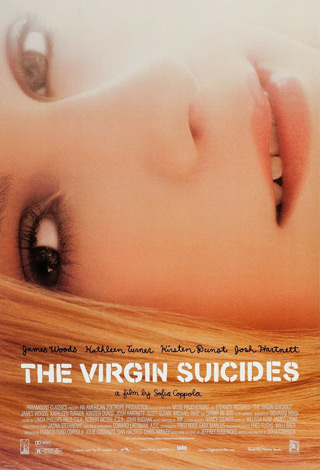
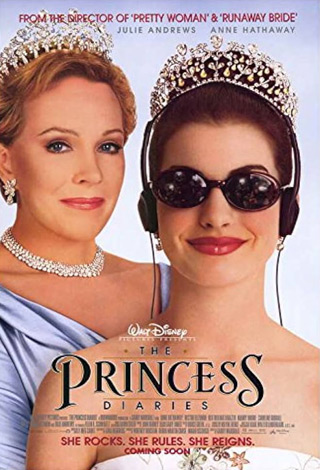
Cryptic Rock – It sounds like quite an interesting trajectory of events and it is really interesting to see where everything has led you. It seems the most important thing to you as a creator is the story. From what you are saying, even as a kid, it was about the story and telling stories. That is a big part of what The Good Half is all about.
Robert Schwartzman – Totally. No question. When you strip it all back, I think there needs to be something in there; a story that is the thing that keeps us engaged and pulls us in. Obviously, the performance has to work, the casting has to work, the wardrobe, the hair and makeup, everything just has to feel like you’re building a world that makes sense for the story you’re telling. When you just peel it all back, what is here? What are we asking people to be involved in here as an experience? What are we communicating to people?
If you go back to these crazy big-budget Action movies, usually the good ones, have something in it emotionally that keeps us engaged. Like Top Gun (1986) has something emotional in it; when he loses Goose, there’s something really heavy about that. The idea of Maverick’s father being sort of in the background, of the ghost of his father’s past, and him being sort of put in that category and having to prove himself is interesting. When we see these movies that are lacking any sort of emotional hook or any sort of real story… at the end of the day, themes and stories are repetitive. We’ve seen a lot of movies with certain themes being explored in the storytelling. But what else is there? I think there’s something emotional.
It’s how we tell the story, too, that’s important. It’s everything. Every little decision matters. Even this conversation is part of the release of the film and how we’re communicating this movie to audiences is part of the storytelling. Everything is connected.
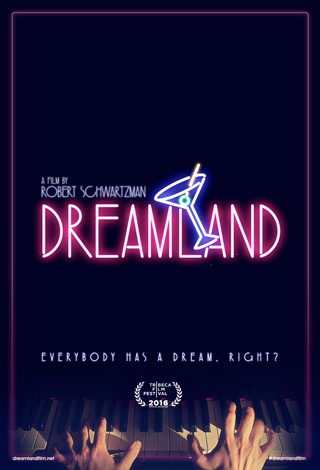
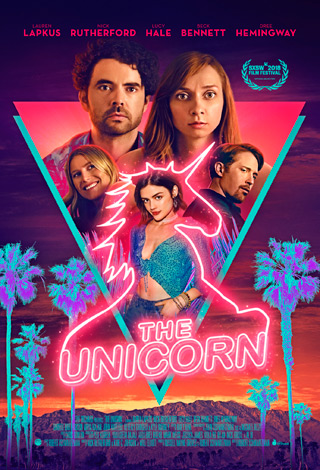
Cryptic Rock – Most certainly. You said you were attracted to the writing of The Good Half because it is very personal to you. You lost your dad to cancer when you were 11 years old, so that’s a very hard thing to do. This film is about loss and family. What was it like working on it?
Robert Schwartzman – It was a challenging movie to make; because although we don’t have fighter planes flying over, crash cameras, and all these things, problems are relative to the tools you have to work with, right? You can’t just copy-paste and apply every problem against the other problem.
It’s the set of circumstances that you can really judge the challenges that you have to work with. We made this movie independently. We had six actors pretty much as the main ensemble, with Nick Jonas in every scene. You’re shooting a movie on location. You’re telling a movie that has some comedic moments, some comedic characters, some comedic situations.
Then you flip it around, you get these scenes with these emotional, heavier moments. How do you balance that? How do you not sacrifice the comedic moments for the emotional ones and sacrifice the emotion for the comedy? That’s what I find is the challenge. That’s the fun of it to me. You always walk this tightrope when you make a movie; especially when you have all these mixed tones in it. I find that to be very exciting. That’s why I love the editorial process… it’s where you get to shape the tone of the movies. It’s where you can pull an actor one way or the other, shape their performance, and shape the tone of the film.
That would be identifying some of the challenges we had to work with. Putting an independent movie together with known talent is a challenge, because you have to get everybody, you have to get them, their reps, everyone to commit to something. You have to keep everybody excited, motivated and feeling confident in your ability to actually make this movie, but also to do right by them creatively. You have to make sure they’re doing a movie they’re going to be proud of in the end.
That was a big thing I said to all the actors when I met with them. We cast this movie during COVID, so you’re lacking a real intimate personal relationship when you can’t meet with them in person. You’re having to trust a Zoom meeting is going to be enough to create a connection. That goes back to how do you create that energy on set that gets everybody very invested in the vision. That’s my job.
Then there’s the emotional, personal stuff for me that when you tell a story about loss and you’ve experienced loss in this exact way, you have to be willing and ready to face what’s going to come with it. It’s the conversation of it. It’s reliving it. It’s going back to those experiences to tell something that feels authentic to the viewer. What good am I bringing the movie if I’m not going there in myself, and not reliving it in this negative way? It’s going back to opening up my own experiences to really find that in the Renn character, and how I’m directing Nick to create this internal dialogue in himself of being tortured and confused about how to deal with grief. That’s a real thing, denial, acceptance, anger.
I have to find that I’m willing and able to call upon those emotions to find them in my talent, in the actors, in the film, and pulling it out of the scenes. Even though Brett Ryland wrote it based on some of his own experiences, I still have to bring it to life in a way that feels authentic. Those are scary things to deal with when you’ve dealt with it yourself. It’s going back to what you went through. That’s the beauty of filmmaking. It’s the challenge of filmmaking; especially when you take on material that hits close to home. Being willing to go there and embrace it.
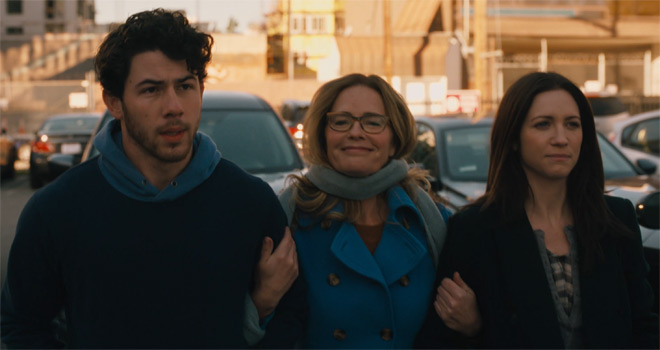
Cryptic Rock – Absolutely. You mentioned the balance between humor and a serious tone. That is where authenticity comes in this as well. Let’s be honest, when you are dealing with grief, usually humor is your best medicine. We all try to make light of something with a little bit of humor here and there.
Robert Schwartzman – Yeah. The phrase that I always think about is a spoonful of sugar helps the medicine go down. Movies, music and everything can be like medicine for people that need help or healing. The spoonful of sugar, as we just said, can be the comedy. How you make the tone of it can be the sugar. We’re translating ideas that could be helpful, healing, and real things. The levity of it, the storytelling of it, the tone we chose can help it go down for people, help them. It can hit the hardest when you can bring in that comedy.
I love Stand-up Comedy when a comedian gets very real with you in their set. It’s, “Ha, ha, ha, ha,” silly this, that, and then they get real with you. Then they hit you with something real and they’re so on the money. It’s so honest and so true. That stuff hits the hardest for me. That’s what I think about. That’s why I love this tone of movie, the Tragic Comedy. I don’t call it a Dramedy, I call it a Tragic Comedy.
John Hughes is one of my favorite filmmakers. He does Tragic Comedy very well. I always love the movie Planes, Trains, and Automobiles (1987). It’s so heavy. It gives you chills when I think about it. I was hoping we could make something that has sort of a variation of feeling, tone, style. It kind of sways around.
For example, when Renn has the job interview flashback, or when he’s shopping for the casket, it’s all a bit heightened and ridiculous, but it’s dealing with real stuff. That is a real thing. It is crazy having to do that stuff. Those things can help elevate, can help make you understand the other stuff a little. Maybe it hits harder and better that we have those kinds of moments peppered in the movie. I like that in filmmaking. I like when you can push and pull a little bit of reality, but it’s still relatable.
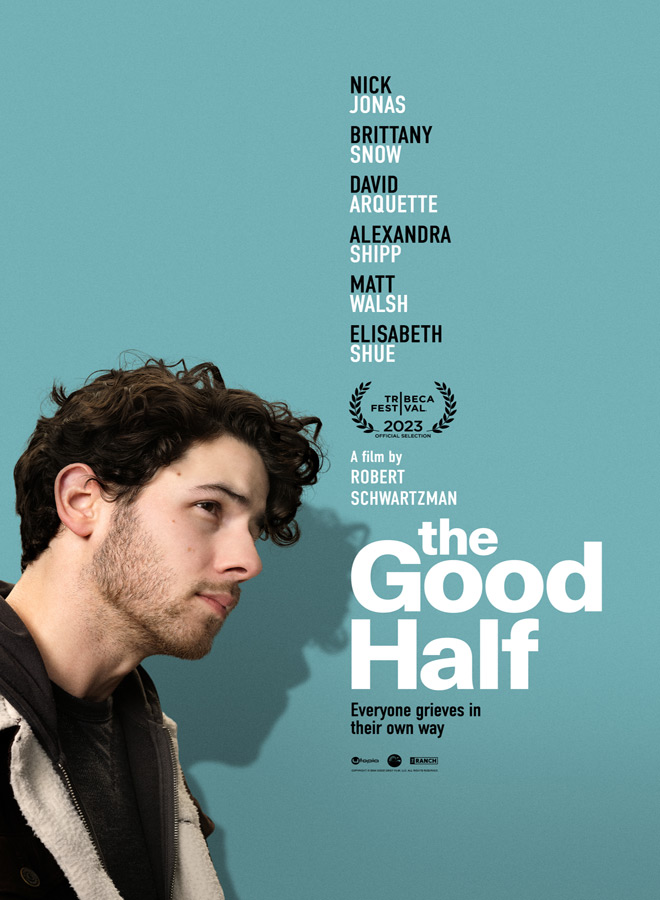
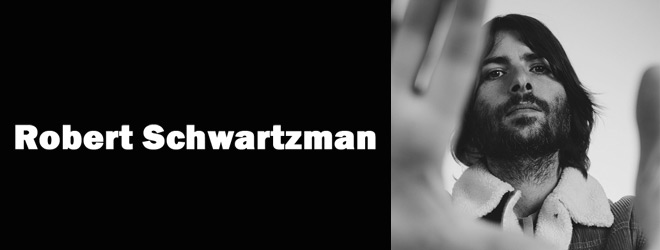
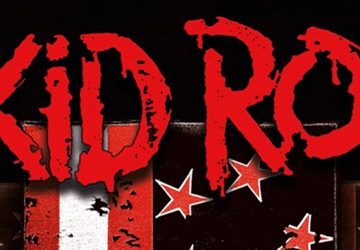
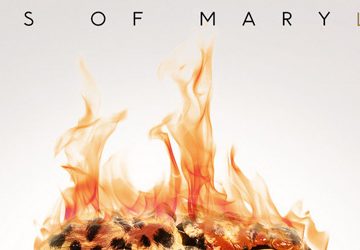


No comment